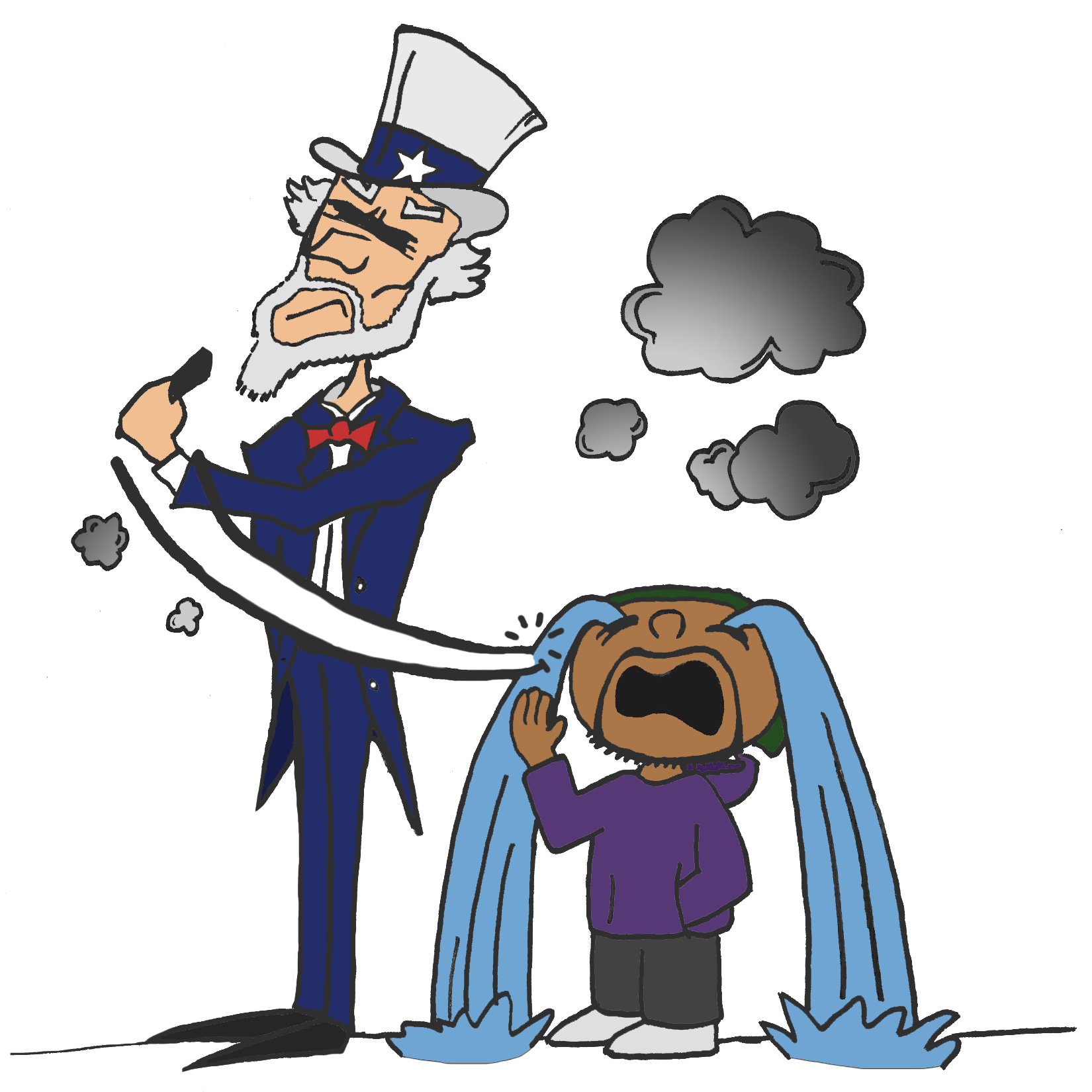On Sept. 11, 2019 President Trump spoke from the Oval Office specifically about the issue of vaping. This was shot to the forefront of the President’s agenda because Health and Human Services Secretary Alex Azar reported almost one-third of high schoolers have used electronic cigarettes in the past 30 days in 2019. This is up from 20.8 percent the year before.
Trump’s statement comes as his administration announced it would ban the sale of flavored vaping liquid, which companies have been accused of marketing to children. The move to ban flavored e-cigarettes comes as six people have died nationwide and hundreds of others have fallen ill with mysterious lung diseases from vaping. Virginia has officially been added to the list of states where individuals have died as a result of e-cigarette usage.
According to the Richmond Times-Dispatch, the first death related to vaping has been confirmed by the Virginia Department of Health. A news release from the Health Department states that the individual lived in Southwest Virginia. Under such an FDA ban, companies that want to offer flavored e-cigarette options would have to gain federal approval before they’re allowed to sell the products.
E-cigarettes come in many shapes and sizes, with most having a battery, a heating element and a place to hold a liquid. Some e-cigarettes look like regular cigarettes, cigars or pipes. Some look like USB flash drives, pens or other everyday items. These e-cigarettes produce an aerosol by heating a liquid that usually contains nicotine flavorings and other chemicals. Users inhale the aerosol into their lungs, and bystanders can also breathe in the aerosol. These devices can also be used to deliver marijuana and other drugs.
The CDC has several warnings regarding e-cigarettes. “Most e-cigarettes contain nicotine—the addictive drug in regular cigarettes, cigars, and other tobacco products. Nicotine can harm the developing adolescent brain. The brain keeps developing until about age 25. Using nicotine in adolescence can harm the parts of the brain that control attention, learning, mood and impulse control. Each time a new memory is created or a new skill is learned, stronger connections – or synapses – are built between brain cells. Young people’s brains build synapses faster than adult brains. Nicotine changes the way these synapses are formed,” the CDC website stated.
Freshman Logan Woolcock said the biggest risk associated with vaping is that we don’t know the exact dangers. “The fact that it is a new phenomenon, and we can’t look at the long term effects because their hasn’t been a long term case yet,” Woolcock said. “We can’t really understand how it’s going to have an effect on our lives until this first generation is through it and we can examine that.”
Woolcock would support regulation on vaping devices. “I do absolutely think it should be regulated. The question is at what age. I am comfortable with 18, I also don’t have a problem with 21,” Woolcock said. “I think that somebody should understand the gravity of what they could be doing to their body before they make that decision. I don’t think you can do that before you’re an adult.”
Freshman Lauren Faulkner knows people who vape, including people on campus, in Virginia Beach and back home. “I would say it is a common occurrence among young people,” Faulkner said. “Young people tend to vape more than older people and like to view it as a whole different thing than cigarettes.”
Despite knowing the dangers, Faulkner would not support a ban on vaping. “Just like cigarettes, it is a choice to vape. If a ban should occur, people will still find a way to vape, just as addicts do,” Faulkner said. “Honestly, I do not think a ban would change much about younger people from vaping, but instead make it an activity that many will want to do like underage drinking.”
Professor of Political Science Dr. William Gibson said that this is an issue that President Trump could easily support but cautions that an outright ban of these devices could politically backfire.
“Now taking the position of we are just going to outlaw vaping, that’s different because there are a lot of vapers out there that support the president and there are a lot of tobacco companies out there ready to spend in elections,” Gibson said. “I think this is a popular position to take and that is never lost on a politician.”
In regards to the process of a law or regulation that involves vaping, there are several avenues that can be taken. According to Gibson, a process could entail Congress or the FDA. “If Congress passes a law about vaping, and writes into the law that there are no flavored e-cigarettes, and you have to be 18, and the president signs it, that’s it, the FDA is out of the picture. That is statutory law,” Gibson said. “What Congress generally does is write some general legislation, [such as] ‘They would like to see e-cigarettes regulated and made less dangerous.’ Then that would go to the FDA to write the regulations.” Gibson does not believe Congress will write a specific law outlining regulations about vaping. “They presently have bigger fish to fry,” he said.
Virginia Wesleyan University Tobacco Use Policy
Virginia Wesleyan University prohibits smoking, including e-cigarettes, and the use of smokeless tobacco inside all buildings on campus to include classrooms and administrative buildings, residential facilities, dining areas, athletic facilities, and University-owned vehicles. Smoking is prohibited within 25 feet of the outside of any building to prevent nonsmokers from having to move through the vapors. Smoking should be done in areas that prevent smoke and e-cigarette vapors from entering through entrances, windows, ventilation systems, or other means.
Connor Merk
ccmerk@vwu.edu
